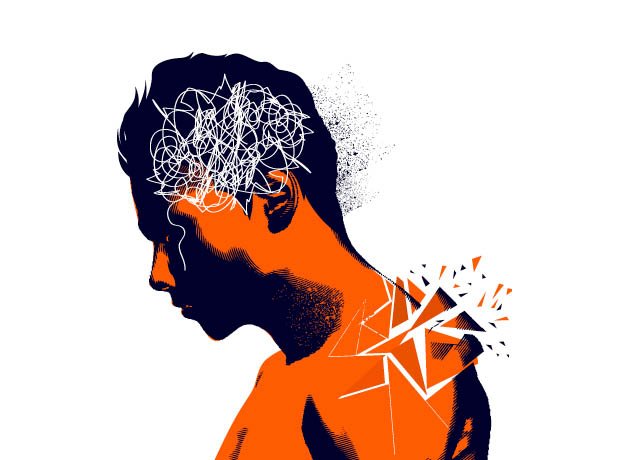bit.bio and KCL to collaborate for neurodevelopmental disorders

The partners will utilise bit.bio’s ioCells to develop multi-cell models of the human brain
bit.bio and King’s College London’s (KCL) Institute of Psychiatry, Psychology and Neuroscience (IoPPN) have collaborated to build multi-cell models of the human brain for neurodevelopmental disorders.
The collaboration will share scientific protocols and provide novel multi-cell models of the brain to researchers worldwide.
Neurodevelopmental disorders are conditions that affect how the brain functions, such as ADHD, autism and cerebral palsy.
The human brain contains multiple different cell and sub-cell types. If unbalanced, it could lead to multiple neuronal and psychiatric disorders.
Multi-cells reveal complex aspects of a disease that cannot be seen in mono-culture systems and can identify alterations in the functional properties of a single cell type that could impact the ability of a second cell type to work correctly.
Across three years, the IoPPN’s Professor Deepak Srivastava and Dr Anthony Vernon will combine bit.bio’s three ioWild Type Cells: ioGlutamatergic Neurons, focusing on excitatory neurons of the brain cortex, ioGABAergic Neurons and ioMicroglia, to develop bi- and tri-cell models.
Farah Patell-Socha, vice president, research products, bit.bio, said: “These new multi-cell brain models… aim to further advance our understanding of neurodevelopmental disorders and other mental health problems.”
Re-programmed using the company’s opti-ox technology, both experts will conduct experiments to identify the correct ratios of each cell type, using bit.bio’s ioCells, and will establish the ideal type of environment to create co-culture models.
Furthermore, both experts will also have access to KCL’s Wohl Cellular Imaging Centre, an advanced light microscopy centre focused on neuroscience research.
Co-culture systems can be created to allow the identification of novel biological mechanisms of cell-type interaction in the central nervous system and could create new avenues for treatment.
Once developed, the protocols will be shared with the wider scientific community for research and drug discovery.
In addition, bit.bio and KCL will incorporate ioDisease Model Cells with gene edits to mimic what happens in a particular disease, transforming them into further multi-cell models of the human brain.
Source link
#bit.bio #KCL #collaborate #neurodevelopmental #disorders